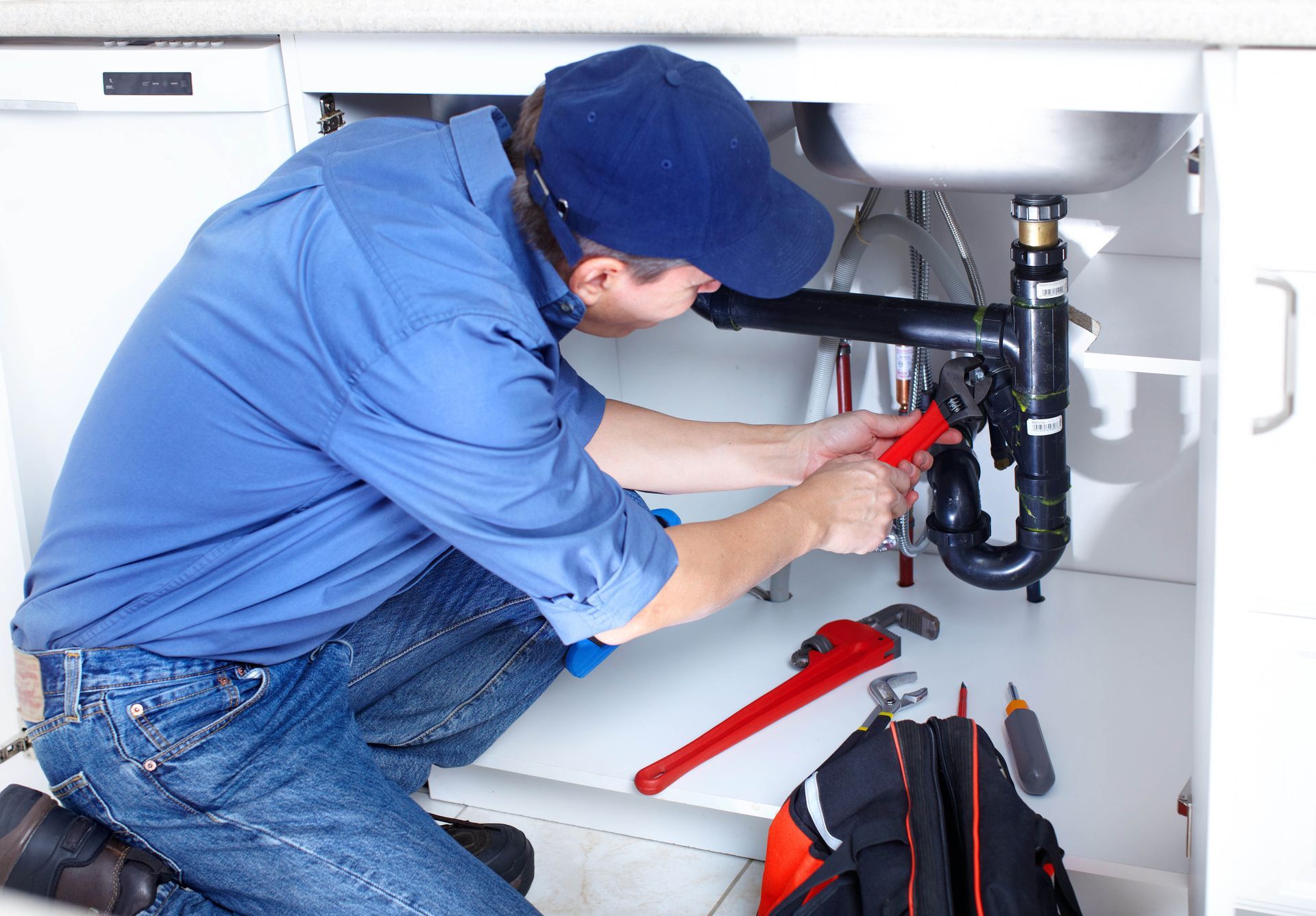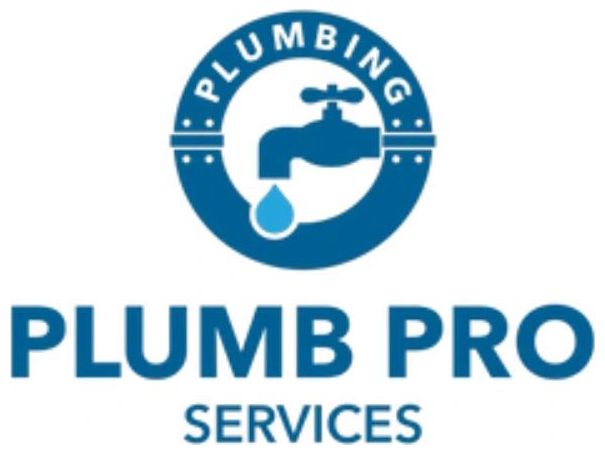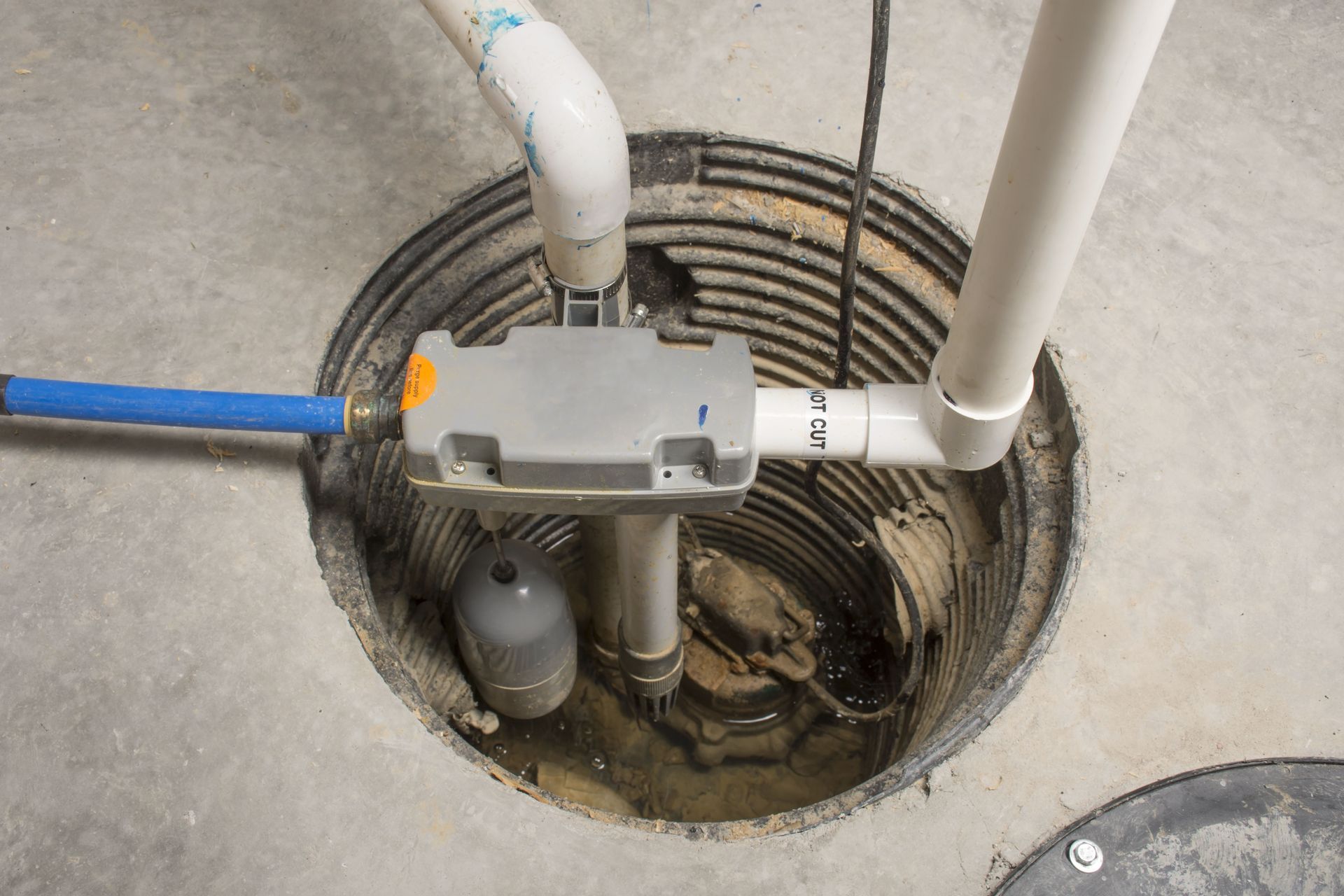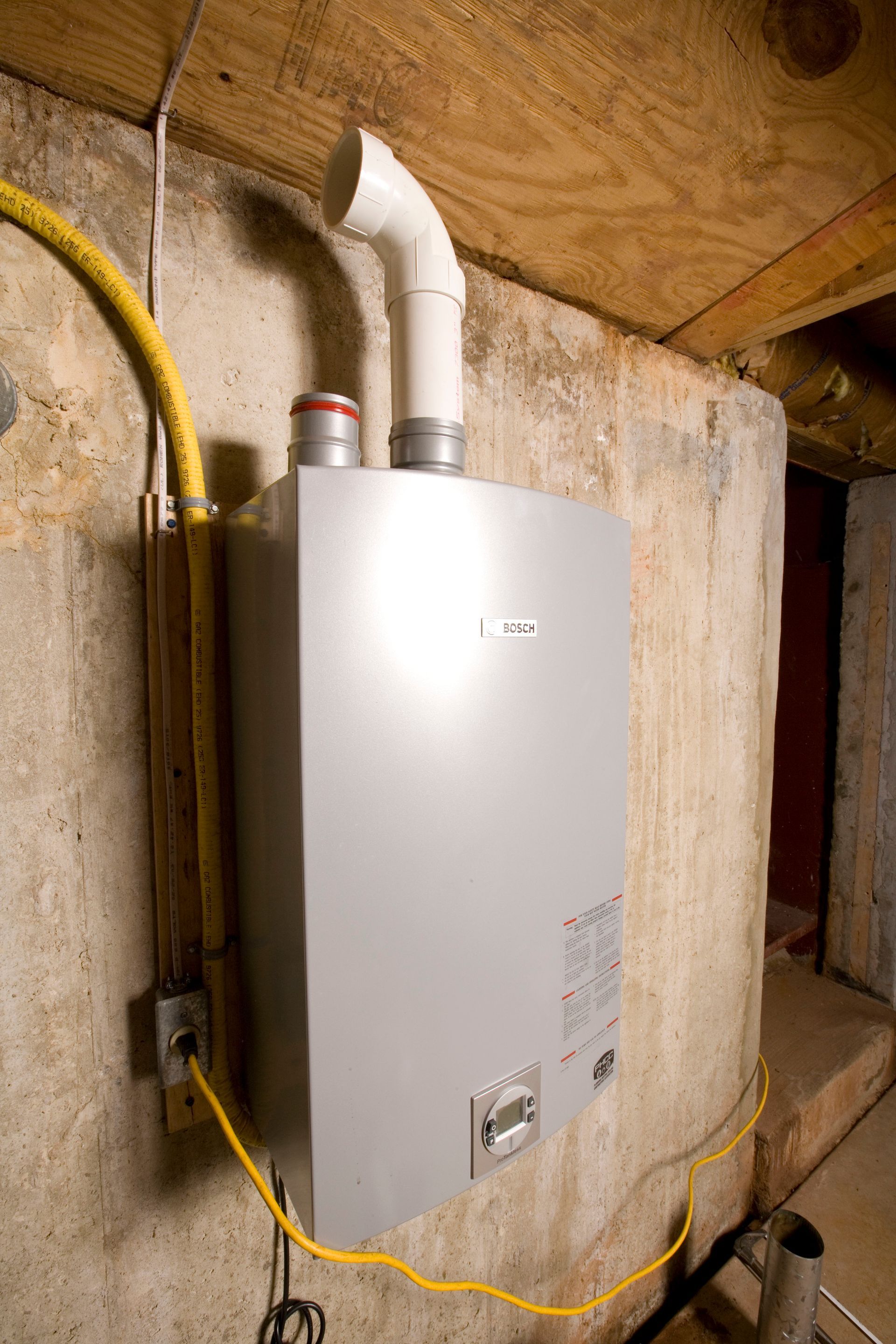September 15, 2025
Residential plumbing is a critical aspect of home maintenance, encompassing essential services like leak detection and water heater installation. This article explores these top services offered by residential plumbers, delving into their importance, methods, and benefits to ensure efficient and safe plumbing systems. Plumbers play a crucial role in maintaining the intricate systems that bring water into homes and take waste out. With the growing advancements in technology, the plumbing industry in the U.S., currently employing 736,000 people, is equipped to tackle modern challenges effectively, according to Jobber. As homeowners prioritize efficiency and safety, understanding the nuances of leak detection and water heater installation becomes increasingly important.
Understanding the Importance of Leak Detection
Water leaks, if left unchecked, can cause significant damage to a home's structure and escalate into larger problems. Detecting leaks early is crucial to preventing these potential hazards, which can undermine the integrity of a property. Early detection ensures that minor leaks do not lead to mold growth or structural damage, which can be costly to repair. As plumbing systems age, the likelihood of leaks increases, making regular inspections essential. Residential plumbers use advanced technologies to identify and address vulnerabilities in plumbing systems promptly.
Leaking water can significantly increase utility bills, leading to unnecessary financial strain on homeowners. Minimizing water wastage not only reduces bills but also serves an essential environmental purpose by conserving resources. Small leaks can lead to thousands of gallons of water wasted annually, emphasizing the need for timely detection. By fixing leaks promptly, homeowners contribute to a sustainable future and protect water sources. Residential plumbers provide the necessary expertise to manage and resolve these issues efficiently.
Prolonged water exposure due to undetected leaks can compromise the strength and durability of building materials. Over time, this exposure can lead to weakened structures and compromise the safety of the home. Addressing leak issues promptly ensures that the home remains a safe and secure environment. Homeowners are increasingly enlisting the services of expert plumbers to maintain the integrity of their properties. Such preventive measures safeguard investments and promote long-term safety.
Detecting Leaks Using Common Methods
Acoustic leak detection is a process that uses sensitive sound equipment to pinpoint the precise location of a leak. By listening for the distinctive sound of water escaping pipes, plumbers can identify leaks with high accuracy. This method is minimally invasive and avoids unnecessary destruction to a home's structure. It's especially useful in detecting leaks that are hidden behind walls or underground. Acoustic technology is a testament to how plumbers use innovation to provide better service.
Infrared thermography helps detect leaks by capturing temperature differences on surfaces using infrared cameras. The heat images produced highlight areas with potential moisture accumulation, indicating possible leaks. This method is particularly effective in identifying leaks in inaccessible or concealed areas and contributes to comprehensive home inspections. By using infrared technology, plumbers not only detect issues but also provide a visual representation of problem areas. This method enhances accuracy and helps plumbers recommend appropriate solutions.
Installing Water Heaters: Types and Options
Conventional tank water heaters store a reserve of hot water, making them readily available when needed. These heaters are widely used due to their initial affordability and ease of installation. They come in various sizes to accommodate different household needs, from small apartments to large family homes. However, these systems can consume more energy due to standby heat loss, making efficiency a consideration. Homeowners often choose conventional tanks for their simplicity and reliability.
Tankless water heaters, also known as demand-type heaters, provide hot water only as needed, ensuring energy efficiency. Unlike conventional models, they have no storage tank, which reduces the space required for installation. These heaters heat water directly, offering a continuous and instantaneous supply as long as needed. While the initial cost may be higher, the efficiency of tankless heaters often results in energy savings over time. Many eco-conscious homeowners opt for tankless models to reduce their energy footprint.
Heat pump water heaters use electricity to move heat from one place to another instead of generating heat directly. This innovation makes them two to three times more energy-efficient than traditional electric heaters. Heat pumps are best suited for warmer climates where they can extract heat from the air. Their installation requires specific conditions but promises significant energy savings in suitable environments. The choice of a heat pump can align with a homeowner's commitment to sustainability.
Installing Process of Water Heaters
Before installing a new water heater, it's essential to assess the specific needs and constraints of the home. This includes determining the appropriate size and type based on the number of occupants and typical water usage patterns. Proper assessment ensures that the installed system can handle the household's demands without wasting energy. Plumbers evaluate existing plumbing configurations and energy sources to recommend compatible systems. A thorough assessment process paves the way for a successful installation, balancing efficiency and convenience.
Preparation for water heater installation involves securing necessary permits and making adjustments to accommodate the new system. Site preparation may include removing old equipment and ensuring the area meets safety and logistical requirements. Plumbers coordinate with homeowners to schedule installations at convenient times, minimizing disruptions to daily routines. Preparing adequately reduces potential issues during the installation process, ensuring a smooth transition. Detailed preparation reflects the professionalism and expertise expected from seasoned plumbers.
Adhering to safety measures and standards is paramount in water heater installation to prevent accidents and ensure optimal operation. This includes grounding and securely attaching equipment, as well as checking connections for leaks and pressure. Regulatory compliance ensures that installations meet local ordinances and industry safety guidelines. Professional plumbers are well-versed with these standards, prioritizing customer safety above all. Following safety protocols not only protects the homeowner but also extends the lifespan of the unit installed.
Maintaining the Efficiency of Water Heaters
Routine inspection and cleaning of water heaters are critical to maintaining their efficiency and extending their lifespan. Sediment build-up in tanks can compromise the system's performance, making regular flushing necessary. Inspecting and replacing worn-out parts, such as gaskets and valves, ensures continued reliability. Scheduled professional maintenance addresses potential problems before they escalate, preserving the quality of the water heater. These efforts contribute to energy savings and prevent unnecessary expenses down the line.
Anode rods play a vital role in preventing tank corrosion by attracting corrosive elements in the water. Regular inspection and replacement of these rods are fundamental to water heater maintenance, safeguarding the tank from rust and prolonging its life. Most anode rods need replacement every three to five years, depending on water quality and usage patterns. By monitoring the condition of anode rods, homeowners ensure their heaters operate smoothly and efficiently. This simple preventive measure protects the substantial investment in water heating systems.
Implementing energy-saving practices with water heaters can lead to significant cost reductions on utility bills. Lowering the thermostat to 120 degrees Fahrenheit minimizes energy consumption without sacrificing comfort. Insulating pipes and the tank helps in reducing heat loss, maintaining the efficiency of heated water. Another effective measure is installing timer controls to limit the operation during peak hours. Adopting such energy-saving tips promotes sustainability and maximizes the efficiency of the water heater.
Leak detection and water heater installation are vital services provided by residential plumbers, ensuring the longevity and efficiency of home plumbing systems. By understanding the available technologies, methods, and maintenance practices, homeowners can make informed decisions and prioritize safety and savings in their daily lives. Engaging with skilled plumbers, who are part of the extensive network of 736,000 professionals in the U.S., guarantees that plumbing issues are resolved expertly. Embracing these practices secures a sound, efficient, and sustainable home environment. As technology advances, the integration of innovative solutions continues to drive improvements in residential plumbing services. For more information about the services that we offer, reach out to our incredible team at Plumb Pro Services today!



